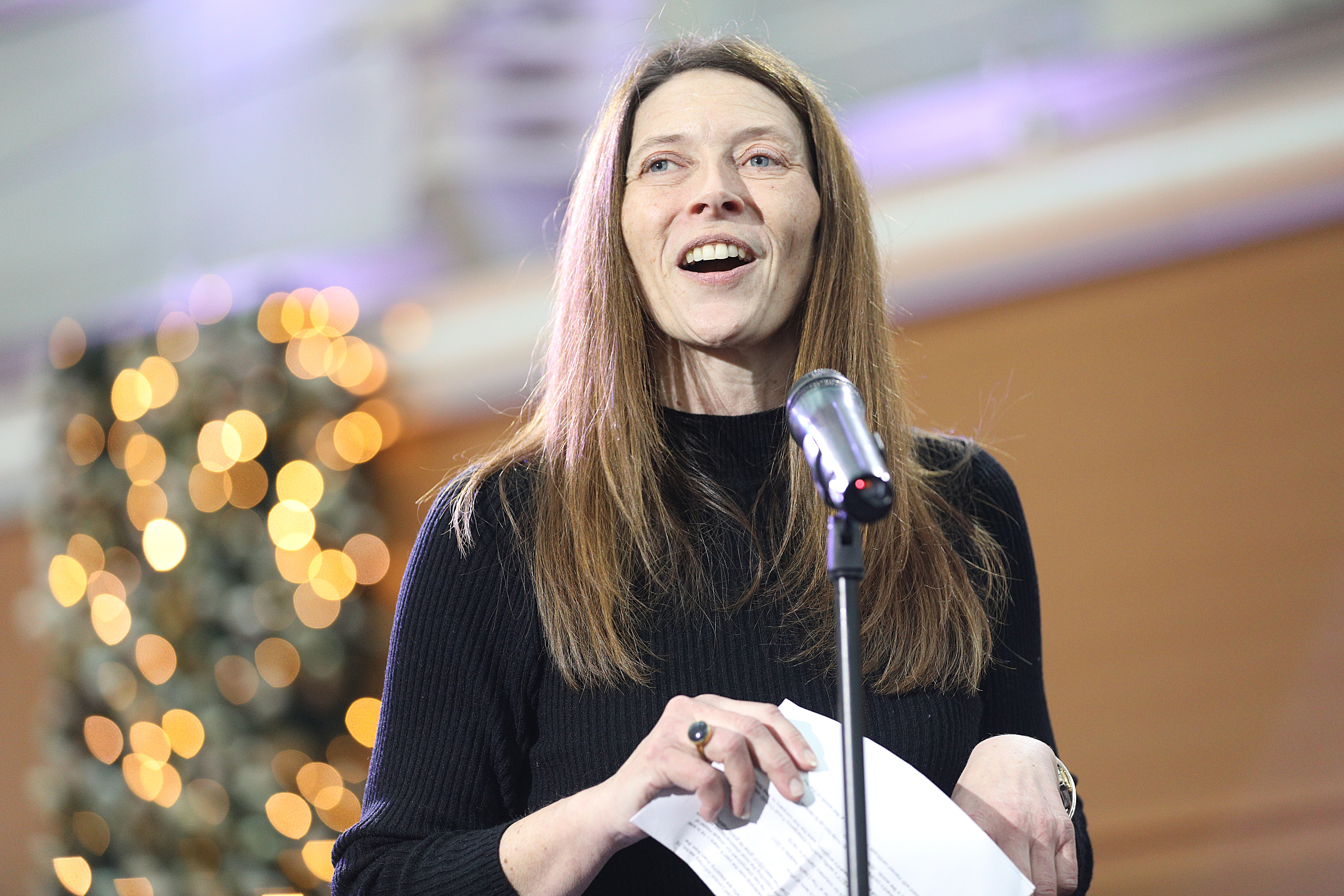Our CEO, Tracey Walsh, has led EECF for ten years, and worked for it for over 25 – when it started as the Isle of Dogs Community Foundation. Having grown up on the Isle of Dogs, she’s lived in the East End all her life.
In a series of interviews, we learn more about what motivates her, how EECF has adapted to the huge changes that have taken place across the East End, and why collaborative giving is essential to building lasting change. In this first instalment, she talks about her early years at the Foundation and some of the innovative programmes she’s developed.
“I previously worked for the London Docklands Development Corporation (LDDC) in various departments until I joined the Community Engagement and Grants Team. My boss at the time, charged with establishing forward strategies for community engagement, discovered Community Foundations and so created a Community Foundation for the Isle of Dogs, one for Wapping and another one for the Royal Docks in Newham. I was seconded over for 12 months to help reframe and redesign the Isle of Dogs grants programme and once it better met the community’s needs, I went back to the LDDC.
Working at the LDDC gave me real insights into what the Corporation was trying to achieve, what the government was trying to achieve, and what local authorities were trying to achieve. I could see there was a bit of mismatch between the community and LDDC’s vision. So, being a local resident with a genuine understanding of the community’s concerns and needs I was able to play an important role in helping to facilities discussions – letting the community tell us what was needed rather than the Corporation telling them what was going to happen.
When I was offered a job at the Isle of Dogs Community Foundation I grabbed the opportunity. I was really excited to be able to keep helping people on the Isle of Dogs, as that’s where I grew up. It enabled me to be that centre, building connections and identifying opportunities. It’s all about making the biggest impact for the community, for the funder and the beneficiary – because we all want to win in this process.
Being from the East End – living in the area and dedicating my entire career in the East End – means I have valuable insights and lived experience. That’s part of the value that I believe I add to EECF and the East End more broadly.
There are some particular highlights for me in the early years of the Foundation. We developed a capacity building and employment programme called Community Self-Help which we ran in partnership with New City College (previously Tower Hamlets College). We identified charities that were delivering really great services but could benefit from an additional resource. The programme trained local unemployed people who were already regularly volunteering with a charity, moving them into a paid position and training them as community development workers. We paid fifty percent of the salary. It gave capacity to the charity and upskilled the individual.
At the time, a lot of the training that was available focused on Financial Services, because that’s what Canary Wharf was focused on, but that wasn’t necessarily the sector in which local people wanted to work. The beauty of the community development training was that it broadened the opportunities in front of you – and a lot of local people went on to really great things.
That’s what I’ve always been passionate about. There are a huge amount of opportunities, but local people don’t always know how to access them. It was one of the things that I had the vision for: recognising charities could do so much more if they had the right resource or additional capacity.
The focus of our grant-making and programme delivery has always been: Is it really going to serve a purpose? What difference is this going to make? Or are we just ticking a box and doing what everybody else is doing because it’s flavour of the month? I’m pleased to say we have actively steered away from that. I genuinely feel that whilst that is a bit scary at times – you need to hold your nerve when you’re leading the way or doing your own thing – ultimately, it’s been absolutely the right thing. So many success stories would never have been achieved had we just followed the crowd.”
Want to find out more about EECF? Watch our 90 second animated explainer video click here.
wordpress theme by initheme.com




